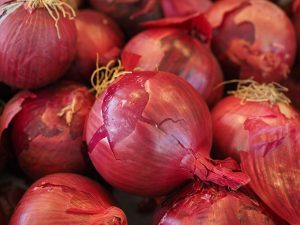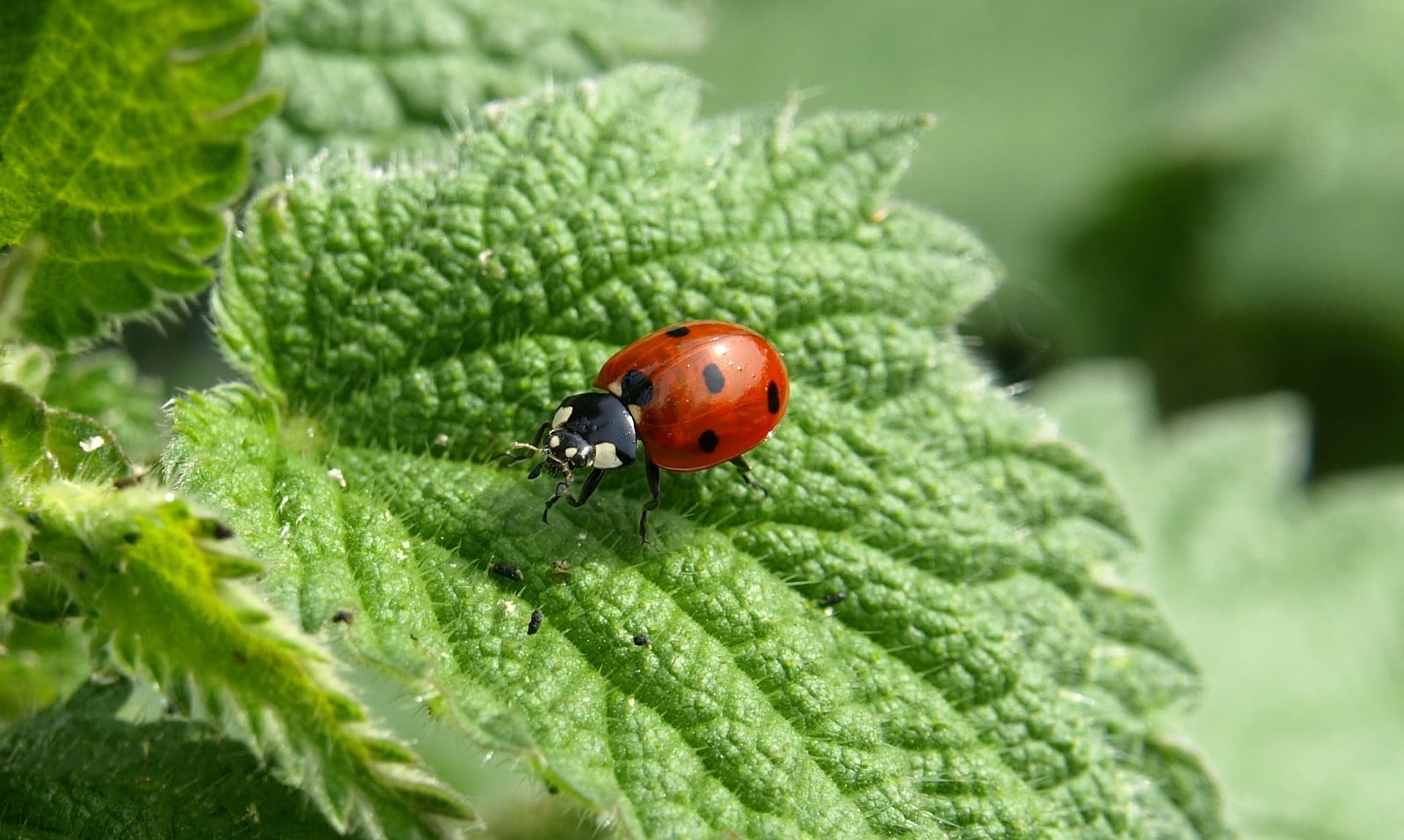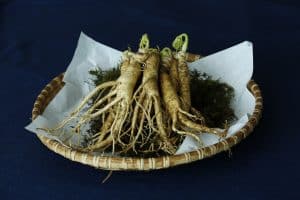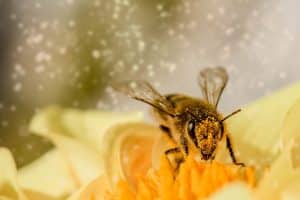Nettle has been a staple in herbal medicine since ancient times. The ancient Egyptians used nettles for the treatment of arthritis and pain in the lower back, while the Roman troops used it, for warmth. Nettle leaves have hair-like structures that sting and also cause itching, redness and swelling. Once processed into a supplement, dried, freeze-dried, or cooked, nettle can be safely consumed. Research has linked nettles to a number of potential health benefits. Here are 6 evidence-based benefits of nettle.
Nettle leaves and root provide a wide variety of nutrients, including:
– Vitamins: Vitamins A, C and K, as well as several B vitamins – Minerals: Calcium, iron, magnesium, phosphorus, potassium and sodium – Fats: linoleic acid, linolenic acid, palmitic acid, stearic acid and oleic acid – Amino acids : All essential amino acids – Polyphenols: kaempferol, quercetin, caffeic acid, coumarins and other flavonoids – Pigments: Beta-carotene, lutein, luteoxanthin and other carotenoids Moreover, many of these nutrients act as antioxidants in your body. Antioxidants are molecules that help protect your cells from free radical damage. Damage caused by free radicals is associated with aging, as well as with рак и други вредни заболявания.
Изследванията показват, че екстрактът от nettles may increase blood antioxidant levels.
Summary: Nettles offer a variety of vitamins, minerals, fatty acids, amino acids, polyphenols and pigments – many of which also act as antioxidants in your body. Inflammation is your body's way of healing itself and fighting infections. The chronic inflammation however, it can cause significant harm. Nettle hides various compounds that can reduce inflammation. In animal and test-tube studies, nettle reduced levels of multiple inflammatory hormones by interfering with their production. In human studies, the application of cream from nettles or the consumption of products from nettles appears to relieve inflammatory conditions such as arthritis. For example, in a study of 27 people, the application of cream from nettles on affected by arthritis areas significantly reduced pain compared to placebo treatment. In another study, taking a supplement containing an extract of nettles, significantly reduces pain in arthritis. In addition, the participants felt that they could reduce their dose of anti-inflammatory pain relievers because of this capsule. However, there isn't enough research to recommend nettle as an anti-inflammatory treatment. More human studies are needed.
Summary: Stinging nettle can help suppress inflammation, which in turn can help inflammatory conditions including arthritis, but more research is needed. Up to 50% of men 51 and older have an enlarged prostate gland. An enlarged prostate is commonly called benign prostatic hyperplasia (BPH). Scientists aren't sure what causes BPH, but it can cause significant discomfort during urination. Interestingly, several studies have shown that nettle can help treat BPH. Animal studies reveal that this powerful herb can prevent testosterone from converting to dihydrotestosterone, a more potent form of testosterone. Stopping this conversion can help reduce the size of the prostate. Studies in people with BPH show that extracts of nettles help treat short-term and long-term urination problems - without side effects. However, it is not clear how effective nettle is compared to conventional treatments.
Summary: Nettle can help reduce the size of the prostate and treat symptoms of an enlarged prostate gland in men with BPH. It's hay fever alergy, which includes inflammation in the nasal mucosa. Nettle is seen as a promising natural treatment for hay fever. Test-tube studies show that extracts from nettles can inhibit the inflammation that can cause seasonal allergies. This involves blocking histamine receptors and stopping immune cells from releasing chemicals that cause symptoms alergy. However, human studies have noted that nettle is equal to or only slightly better in the treatment of hay fever, than placebo. Although this plant may prove to be a promising natural remedy for symptoms of hay fever, longer-term human studies are needed.
Summary: Nettle can reduce the symptoms of hay fever. Still, some research suggests it may not be much more effective than a placebo. More research is needed on the effects of nettle on hay fever. The high Blood Pressure is a serious health problem as it puts you at risk of heart disease and stroke, which are among the leading causes of death worldwide. Stinging nettle is traditionally used to treat high fever Blood Pressure. Animal and test-tube studies show that it can help lower blood pressure in several ways. On the one hand, it can stimulate the production of nitric oxide, which acts as a vasodilator. Vasodilators relax the muscles of the blood vessels, helping them to widen. In addition, nettle has compounds that can act as calcium channel blockers, which relax your heart, reducing the force of contractions. In animal studies, nettle has been shown to lower blood pressure levels while increasing the heart's antioxidant defenses. However, the effects of nettle on blood pressure in humans are still unclear. Further human research is needed before recommendations can be made.
Summary: Nettle can help lower blood pressure by allowing blood vessels to relax and reducing the force of the heart's contractions. Still, more human research is needed to confirm these effects.

Herbal remedies
Homemade Red Onion Cough Syrup
Onion is a fantastic remedy for cough thanks to its expectorant and anti-inflammatory properties. However, it is worth noting that coughing is a vital bodily function that should not be suppressed. It is a defense mechanism that helps expel viruses and microbes from the respiratory tract, as well as foreign particles. Important thing,






